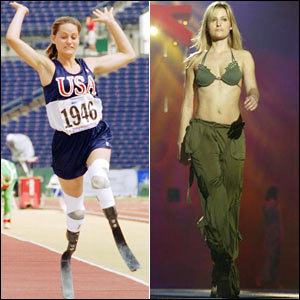A Note on Non-Avatar Games
I know Anne and Laura encouraged us to play video games that encorporate avatars or some form of human contact. But I ended up playing this game DeepLeap, which is nothing like that kind of game. It’s an online word game, and you play by yourself. I think we should think about these kinds of games too, because they’re also out there and available, not just the high level intricate games. I mean, how does gender come into play here? It didn’t feel very gendered to me: just a bunch of blocks and points. I’d be interested to know whether these kinds of games appeal more to women or men or other people (this “other” group is one we haven’t been exploring too much in the context of gaming and their perception of it). What does the interface (plain boxes, simple interface) have to do with what kinds of people like it? What about the content — what kinds of people are attracted to word games? Are different genders attracted more to playing games online or on the computer rather than “live” or with friends? Finally, what about the context — you’re not playing with other people, in some sense you’re only competing against yourself… this could be perceived as lonely, boring, liberating, and I’m sure plenty of other things.
There’s also this other game I’ve played before (and played this weekend to remind myself), the Google Image Labeler. It’s a game where you try to
label various images along with another person. You get points for each image you and your randomly assigned partner label the same. I’ve found it really interesting because you _do_ play with other people — even though there’s no real avatar, no visual representation of yourself or other people. You are not trying to be someone else, but yourself. It’s neat because you play _with_ the other person rather than against them — if we go with the “women are cooperative” stereotype, maybe more women would like this than men?
In any case, these non-avatar games are a valid place to think about gender and technology as well.



Trackbacks and Pingbacks
Comments are closed.